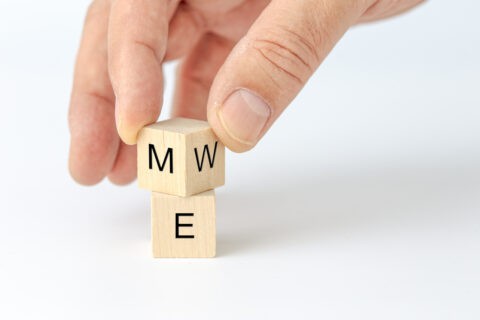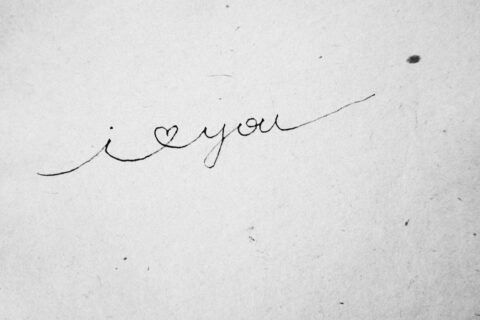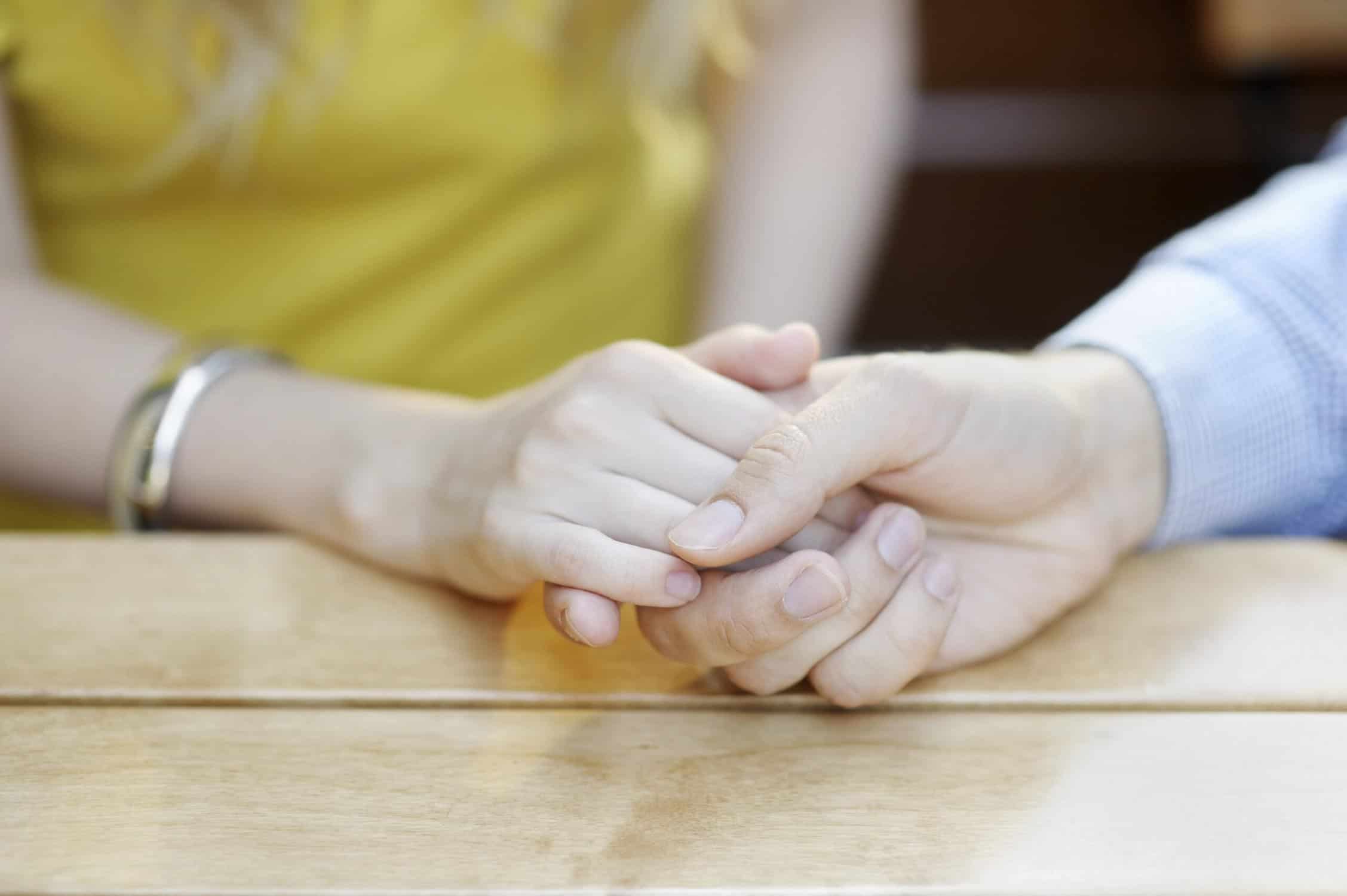
When we make mistakes, guilt is the feeling that we’ve done something wrong. It’s like a subconscious alarm that’s triggered when we’ve done something we regret, or have caused harm to ourselves or others. It should prompt us to own the wrong, apologize for it, make amends when possible, and move on. But often a moment of guilt becomes a monument of shame.
Untamed shame becomes a prison trapping our potential. This prison is fortified by an unhealthy view of yourself—like a hall of mirrors that reflects your imperfections and past failures. And it is an everyday struggle for men and women alike. Though spouses may differ in how they process this emotion.
Adam and Eve were the first couple to face guilt and its cousin shame. The Bible explains that when they sinned their eyes were opened or, to put it another way, the hall of mirrors appeared. They instinctively hid and tried to cover their nakedness. Immediately a shift took place in their perspectives. Once, they were comfortable in their own skin. Now they’d become aware of their failures and flaws. They’d become sin-conscious. Their fig leaves fell short as a solution to cover their guilty stain. We too still wrestle with processing the feeling of guilt.
Many men struggle with seeing their good attributes because they’re living in the residue of guilt. It’s like a cloud of failure following them around and it’s a breeding ground for depression. A man’s motivation dwindles when it comes to being a spiritual leader in the home. He may adopt a mindset that says, “Why try when I’ll fail again? I’m just not good enough.” It can lead to men becoming distant as they internally attempt to free themselves from a seemingly inescapable prison. This can lead to unhealthy vices to cope with pain—which further reinforces the feelings of failure.
In many studies, women reported greater shame and guilt than men. Many women live as if the weight of the world is on their shoulders—constantly driven to give more as if they have to be all things to all people all the time. When it seems as if they’re unappreciated, they’ve failed, or the problems continue to mount up, guilt becomes an attachment to their identity. This leaves women overworked while simultaneously feeling condemned for desiring time for themselves to rest and recover. Even living under the pressure of tomorrow’s tasks robs them of the break they need today. A woman may feel guilty for taking care of herself as she may associate personal mistakes with the overall struggles of the family.
Here are three tips to overcome guilt:
Shift your perspective.
We instinctively try harder to perform well to feel better. This actually makes things worst. The key to escaping the prison of guilt isn’t better performance, but a shift in perspective. If we see ourselves as failures, we’ll perform in a manner consistent with that self-image. The odds are slim that a person with a guilty conscience will walk in true freedom. Our thinking must change from a works-based mindset to a dependence on God’s grace. It’s through Jesus, that you realize your worth is not based on the record of your good or bad performances.
Surrender to the Savior.
The only benefit of guilt is to awaken you to an awareness of your need for a Savior. Sin-consciousness focuses on whether you’ve done good or bad. The problem with this is that neither good nor bad behavior can give people what they genuinely need—life. We need the emptiness in our souls to be filled. We need aliveness in the areas we’ve allowed the deadness of sin to thrive. This only happens when we surrender to the Savior. Believing in the finished work of the Cross and receiving the truth of His word about us. Declare His truth when the feelings of guilt rise within.
Adonai, God, made garments of skin for Adam and his wife and clothed them. – Genesis 3:21 (CJB)
The Bible says where there’s no shedding of blood there’s no forgiveness of sin. Here was the first sacrifice made by God for man. This was mercy for man’s mess. Life is in the blood. So life is poured out in place of the dead works. This is a picture of Jesus who would cover our sin by washing it away. He is the Lamb of God who takes away your sin. So let Him take it! In other words, you aren’t what you’ve done, you are now who God created you to be. There is now, no condemnation to those who are in Christ Jesus. But we don’t often feel that way. This is because guilt can make you avoid the people you need to acknowledge most. Guilt also provokes self-punishment rather than productivity. We end up isolated and compounding our condemnation. So when you feel the guilt, don’t shrink back in fear. Lean into the love of the Father.
Silence the condemnation.
There’s a difference between conviction and condemnation. Conviction is when you’re made aware of your mistakes. Condemnation is when you live with a fear of punishment for them. Listen, God’s not out to punish his people. Silence condemnation, with the truth. You are worthy of a relationship with God and others, despite your flaws.
A guilt-free person recognizes Jesus as the solution to the emptiness of the soul. Today, He’s forgiven you completely. Receive your new identity. Free from guilt, shame and condemnation. You aren’t a sinner or a failure. You are a child of God. Turn to Him and let Him breathe into you a picture of what He sees when He looks at you.













